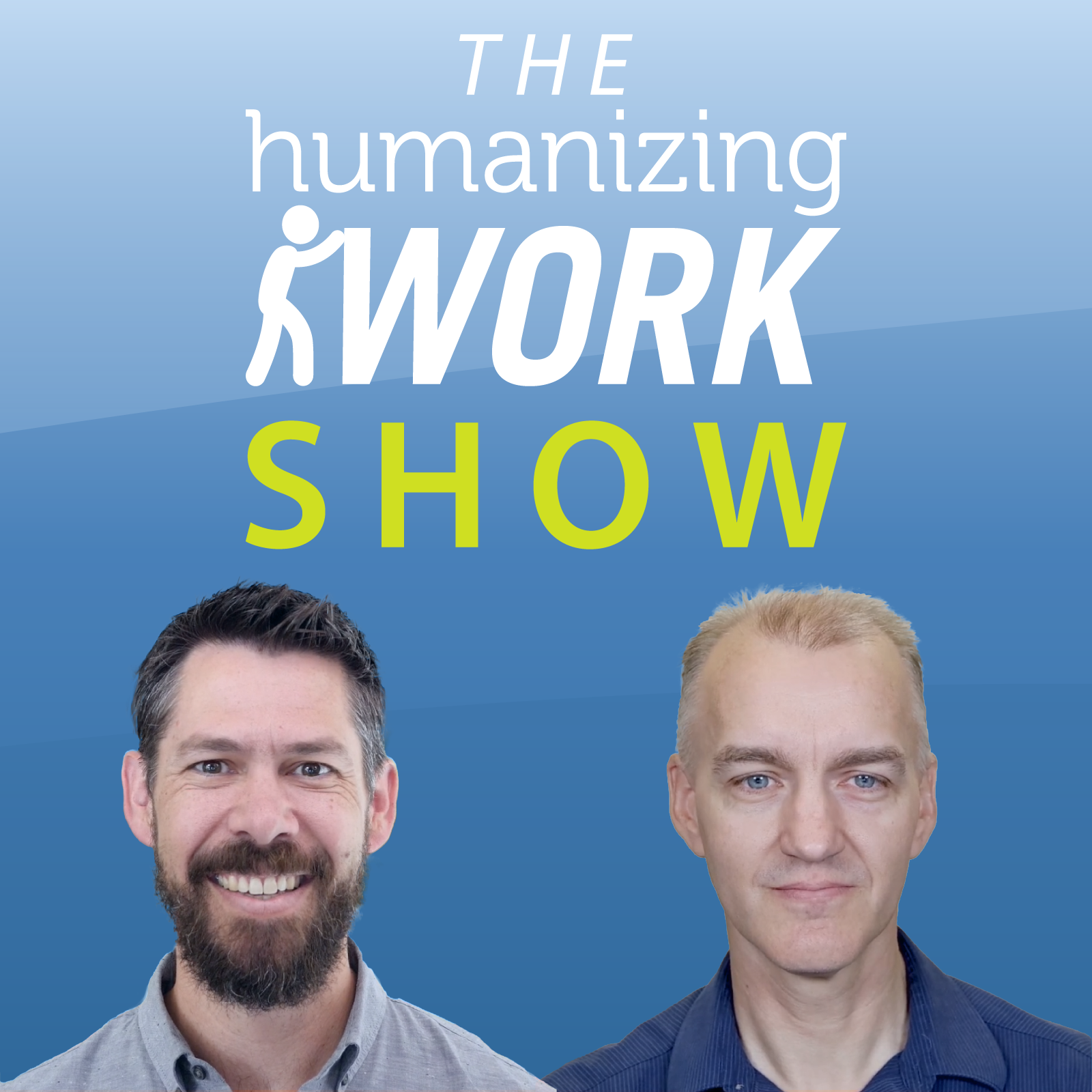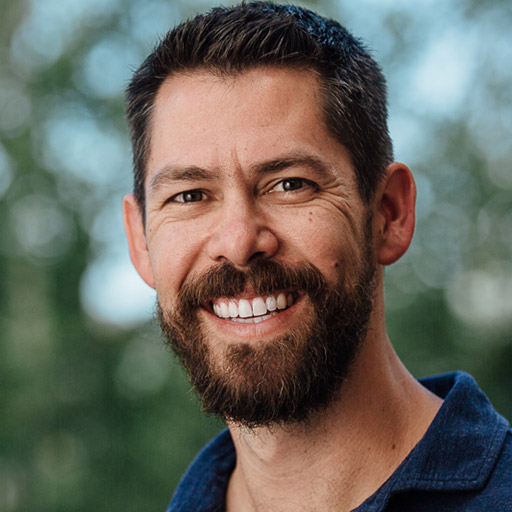Episode Transcript
Have you noticed how January brings this wave of ambitious goal-setting? New Year's resolutions, company OKRs, team objectives... There's something about a fresh start that makes us feel like anything's possible.
As you know, I’m a dyed in the wool optimist. But the statistics are pretty sobering. About 80% of New Year's resolutions don't make it past February. And even carefully crafted work goals often meet the same fate.
The good news is, there's fascinating research that shows a better way. And it's not what most people think.
The Humanizing Work show is a free resource sponsored by the Humanizing Work company, where we help organizations get better at leadership, product management, and collaboration. Visit the contact page on our website, [humanizingwork.com](http://humanizingwork.com/), and schedule a conversation with us if your organization wants to see stronger results in those areas.
Peter, you've recently revisited Teresa Amabile's research in "The Progress Principle." What did she discover about what really keeps people motivated?
Yeah, this research is really interesting, and really well executed. Amabile and her team invited professionals in multiple companies to keep a daily journal, and then analyzed those thousands of journal to find patterns in what made for people's best days at work. Those entries asked two questions. 1) what’s something that happened today?, and 2) what’s your level of motivation as you leave work today?
What they found was surprising. It wasn't a big breakthrough, or connecting with a customer, or any of the other things we know can be motivating. What Amabile found is that the single biggest factor in motivation and engagement was making some small progress on work that mattered to someone.
That's really interesting because it goes against how most of us think about goals. We tend to either only give ourselves credit for the big outcomes or try to just get any little thing done—the so called "quick win" that's often more quick than win.
It's true. It's not just about getting things done. Amabile called it "The Progress Principle" because it's progress that matters. But it can be incremental progress. So, small wins—as long as they represent genuine progress on meaningful work—can boost people's motivation and engagement dramatically. And what's particularly interesting is that this effect compounds over time.
So, let’s talk about how to apply this research to make those ambitious January goals actually stick.
First, because progress needs to be meaningful to be motivating, it’s important to know what meaningful means. Before you jump into action mode, take a breath and get clear on why the goal matters.
Say you’ve got a departmental goal for the quarter to "increase revenue by 20%." That might be worth doing, but the corporate speak version of the goal doesn’t carry meaning with it.
Dig into what that really means from a human perspective. What does success with the goal create for people? Maybe it's about helping more customers solve their problems, or making sure your team has the resources to do their best work.
When things get tough (and they will), having a clear "why" makes all the difference. In a work context, it's often useful to connect your goal to both organizational and personal purpose.
Once you have a solid “why” for the goal, the next practical step is to find your “just right” progress for today.
It’s a tricky balance: you want progress that's small enough to actually get done, but meaningful enough to matter. It's tempting to take on too much ("I'll redesign the entire system!") or settle for busy work that feels productive but doesn't move you toward your goal ("I'll organize my project folders!").
Instead, ask yourself: "What's one small piece of real progress I could make today that would actually matter?"
This, btw, is the point of all our story splitting content. User stories are about making meaningful but incremental progress on user-facing software. Good stories strike that balance between small enough and meaningful enough.
Third, because the Progress Principle says it’s not just making progress that motivates us, it’s *seeing* the progress, you need to make your progress impossible to miss.
Create a system that shows you—clearly and unavoidably—whether you're making progress.
For a personal goal, maybe you keep a simple journal, put up a progress board where you can't miss it, or check in with a friend who's working toward similar goals.
For a team, visualize the work you’re doing in such a way that you can easily trace daily effort to progress on larger outcomes. This is why we like hierarchical product backlogs for product teams. Big things break down into smaller things and small things trace up into bigger things.
Whatever works for you—just make it so obvious you can't ignore it or talk yourself out of seeing it.
And then, fourth, to apply the Progress Principle to achieve your goals, guard your focus.
We often know what meaningful progress looks like, but we let other things crowd it out. I like to block off time on my calendar for goal-focused work, and then get a little selfish about protecting it. I consider those calendar blocks as an investment in keeping my promises to myself. When something else tries to steal that time, I can ask "Is this really more important than the meaningful goal I committed to?"
By the way, this can be really difficult in some contexts. For example, if you’re on a Scrum team that struggles with emergent work getting in the way, check out episode 68, where we gave practical advice on dealing with interruptions on a Scrum team. [https://www.humanizingwork.com/dealing-with-interruptions-on-a-scrum-team/]
So, to summarize…
The Progress Principle says that making small but meaningful progress on work that matters is key for sustaining motivation.
And to use that to make your goals stick this year…
Get clear on why your goal matters—from a human perspective
Find your “just right” progress every day
Make your process impossible to miss, and
Guard your focus
Share in the comments on Youtube or LinkedIn…what are you going to do to apply this to a meaningful goal in your life or work this year?
And if you’d like help building this into your work system—whether that’s crafting a compelling vision, learning how to break down big outcomes into meaningful small steps, or setting up systems for making progress visible and increasing focus—reach out to us through our website, [humanizingwork.com](http://humanizingwork.com/).
Thanks for tuning in to the Humanizing Work Show. See you next time!




